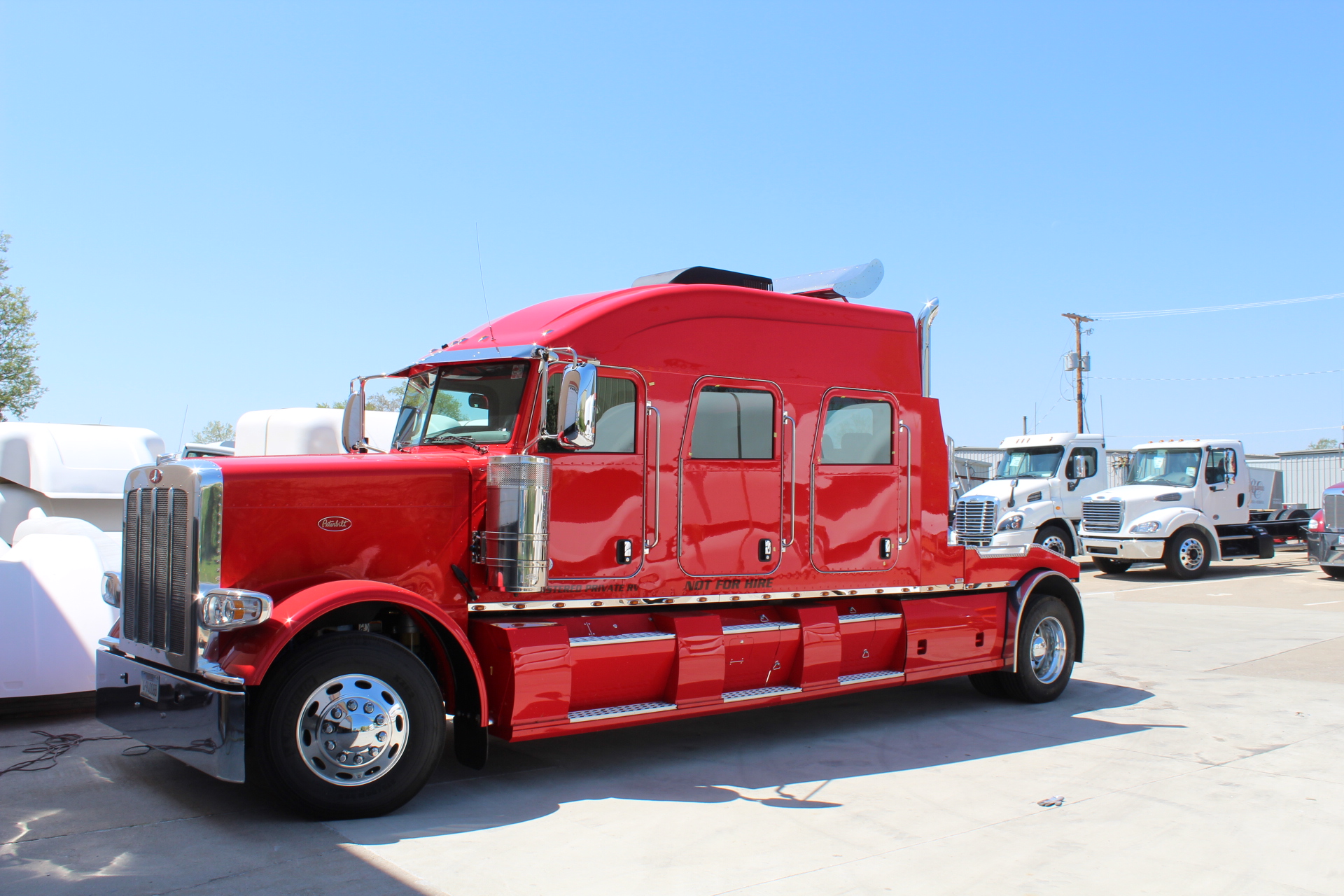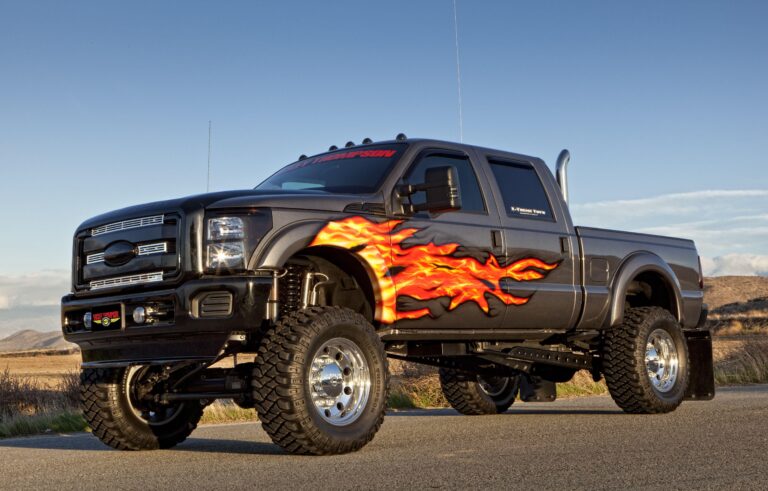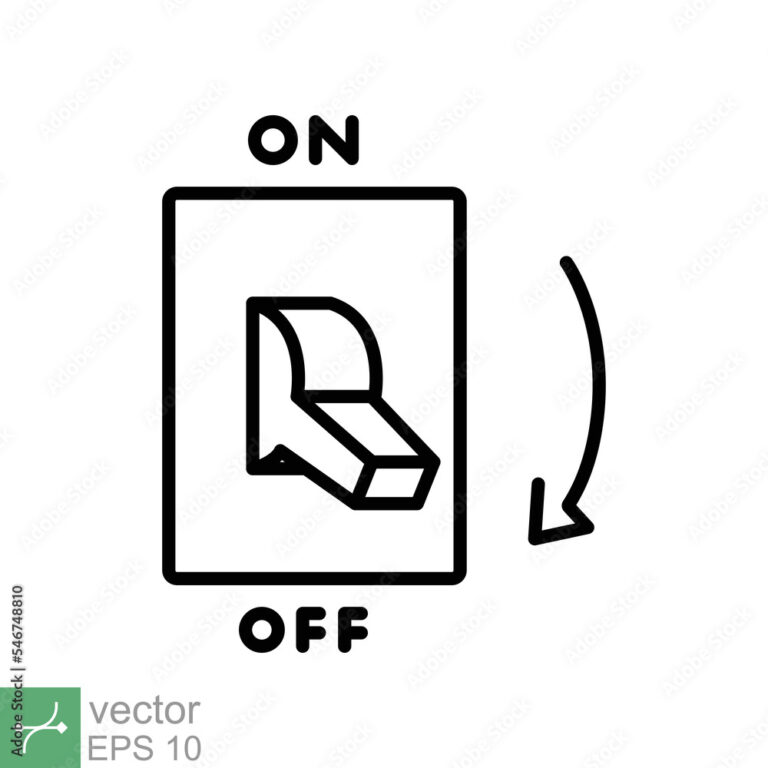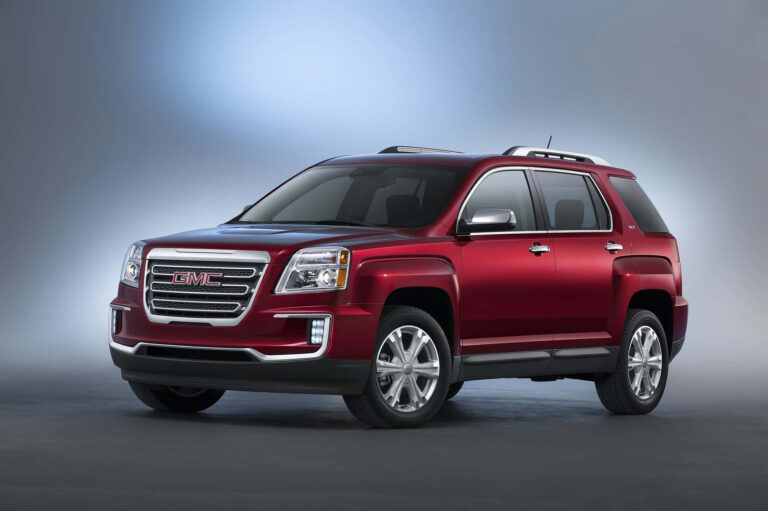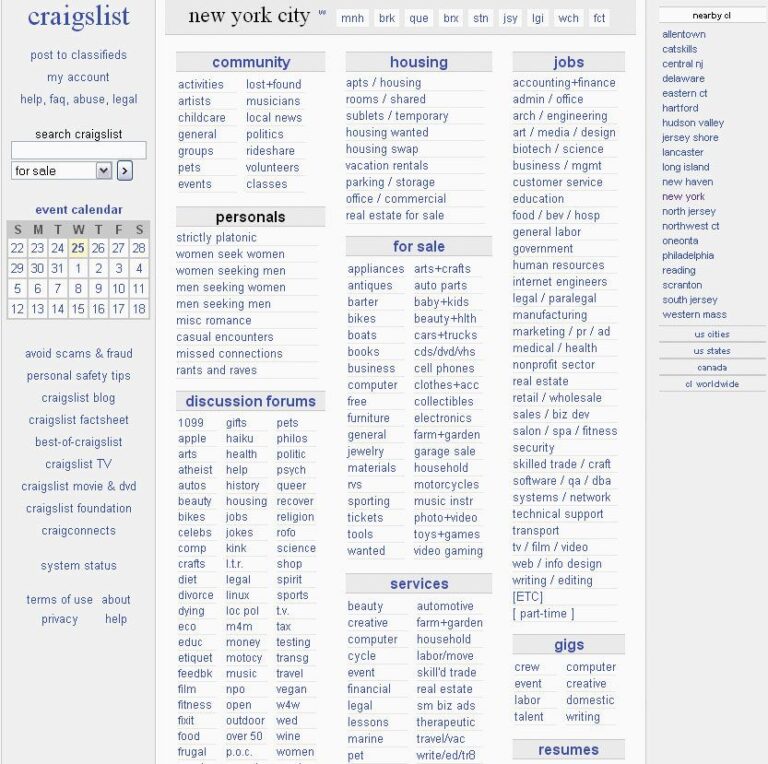Peterbilt: The Enduring Legacy of American Trucking
Peterbilt: The Enduring Legacy of American Trucking cars.truckstrend.com
In the vast landscape of American industry, few names evoke the same sense of power, prestige, and unwavering reliability as Peterbilt. For nearly a century, Peterbilt Motors Company has stood as a towering pillar of the heavy-duty truck manufacturing world, crafting vehicles that are not merely machines but icons of the open road. From the glistening chrome of its classic long-nose conventional trucks to the sleek lines of its modern aerodynamic models, Peterbilt represents a commitment to quality, innovation, and driver satisfaction that has made it a preferred choice for owner-operators and large fleets alike. This comprehensive guide delves into the essence of Peterbilt, exploring its rich history, distinct advantages, diverse lineup, and practical considerations for anyone looking to understand or invest in these legendary trucks.
Peterbilt: The Enduring Legacy of American Trucking
The Genesis of an Icon: A Brief History of Peterbilt
The story of Peterbilt begins not with a truck, but with timber. In the early 20th century, logging entrepreneur T.A. Peterman recognized a critical need for robust vehicles capable of transporting massive logs out of dense forests. Dissatisfied with the existing options, he began modifying surplus Fageol trucks, reinforcing their frames and powerplants to meet the grueling demands of his industry. His success led him to purchase the Fageol Truck & Motor Company in Oakland, California, in 1939, rebranding it as Peterbilt Motors Company.
From its inception, Peterbilt distinguished itself by prioritizing quality over quantity. Unlike many mass-produced vehicles, Peterbilt trucks were built to order, allowing for a high degree of customization and ensuring each truck met the precise needs of its owner. This bespoke approach, coupled with an unwavering commitment to durability and performance, quickly earned Peterbilt a reputation for building "Class" trucks – vehicles that were not just tools but investments designed for longevity and demanding work. Over the decades, Peterbilt has moved its headquarters to Denton, Texas, evolved its designs, and embraced new technologies, but its core philosophy of building premium, purpose-built trucks remains the cornerstone of its enduring legacy.
The Peterbilt Difference: Why Choose a Peterbilt?
Choosing a Peterbilt is often more than a utilitarian decision; it’s an investment in a brand synonymous with excellence. Several factors contribute to Peterbilt’s revered status in the trucking world:
1. Uncompromising Craftsmanship and Quality
At the heart of every Peterbilt is a dedication to superior craftsmanship. These trucks are renowned for their robust construction, durable materials, and meticulous attention to detail. Components are engineered for longevity, from heavy-duty chassis to hand-fitted interiors. This focus on quality translates into trucks that withstand the rigors of demanding operations, offering reliability and a longer service life.
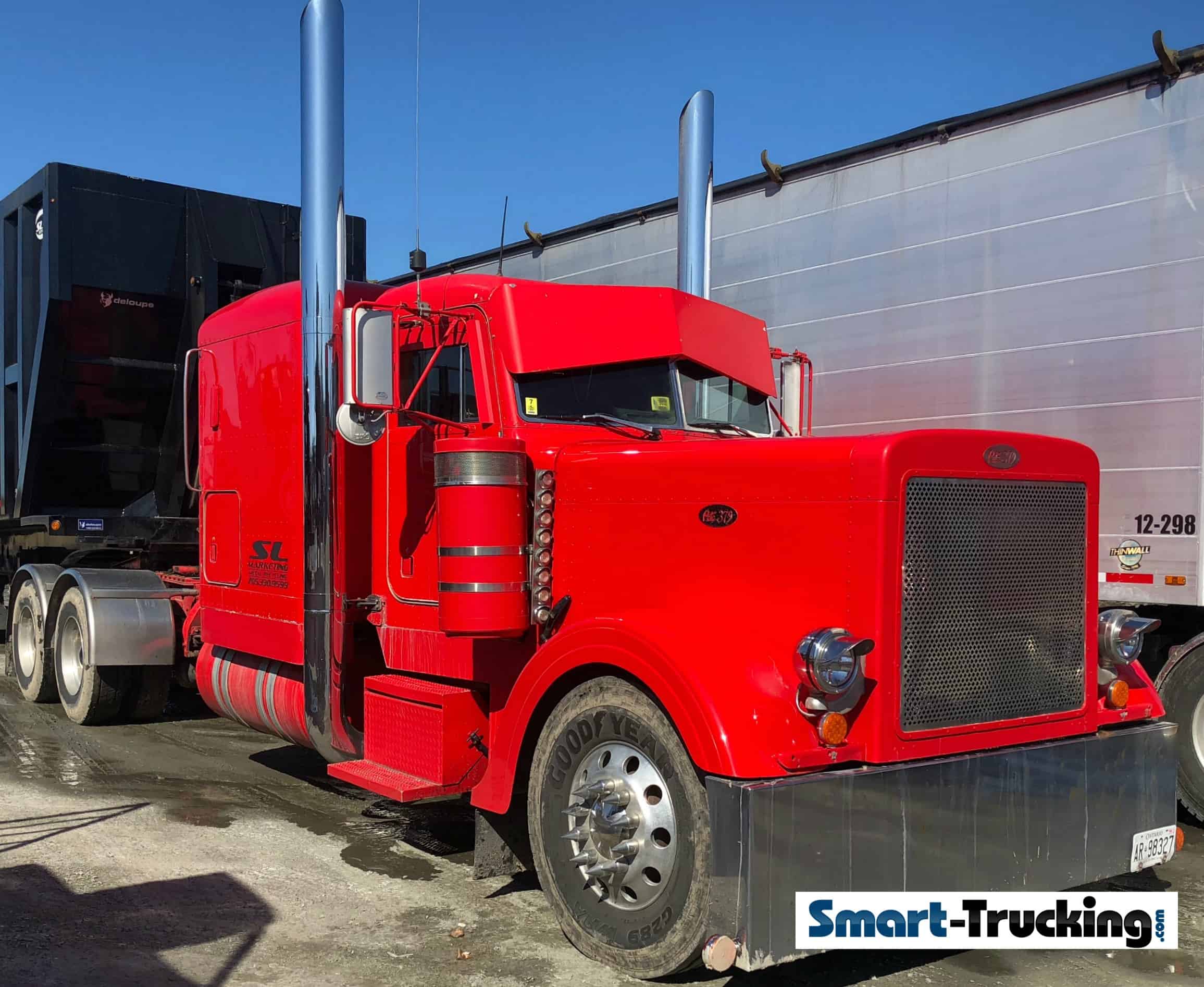
2. Powerful Performance and Diverse Engine Options
Peterbilt trucks are built to perform. They offer a range of powerful engine options, primarily from PACCAR (MX-11 and MX-13) and Cummins (X15), providing ample horsepower and torque for diverse hauling requirements, from heavy-duty freight to specialized vocational applications. Coupled with advanced transmission systems (manual, automated manual, and automatic), Peterbilt trucks deliver efficient power transfer and excellent drivability.
3. Driver Comfort and Ergonomics
Recognizing that the cab is a driver’s office and home, Peterbilt prioritizes comfort and ergonomics. Cabs are spacious, well-insulated, and designed to reduce fatigue on long hauls. Features include premium seating, intuitive dashboards, ample storage, and advanced climate control. Sleeper options range from day cabs to luxurious ultra-lofts, offering amenities that enhance driver well-being and productivity. Modern Peterbilts also integrate advanced infotainment and connectivity systems, keeping drivers comfortable and connected.
4. Exceptional Resale Value and Longevity

Due to their superior build quality and reputation, Peterbilt trucks consistently command strong resale values. They are known for their durability and ability to accumulate high mileage while remaining dependable. This longevity makes them a sound long-term investment, reducing total cost of ownership over the vehicle’s lifespan.
5. Iconic Aesthetics and Customization
Peterbilt trucks possess an unmistakable aesthetic appeal, particularly the classic long-nose conventional models like the 389, which embody the quintessential American truck. Beyond their inherent good looks, Peterbilts are highly customizable. From paint schemes and chrome accents to interior finishes and powertrain configurations, owners can tailor their trucks to reflect their personal style and operational needs, making each Peterbilt a unique statement on the road.
Navigating the Peterbilt Lineup: Popular Models & Their Applications

Peterbilt offers a diverse range of trucks, each designed to excel in specific applications. Understanding the different models is key to choosing the right Peterbilt for your needs.
On-Highway Trucks: The Road Warriors
- Peterbilt 389: The undisputed king of the owner-operator world, the 389 is the epitome of the classic American big rig. With its long hood, prominent grille, and abundance of chrome, it’s a statement truck known for its powerful presence, durability, and a comfortable, traditional interior. It’s ideal for long-haul trucking, heavy hauling, and those who prioritize classic styling and robust construction.
- Peterbilt 579: Representing Peterbilt’s modern, aerodynamic approach, the 579 is designed for fuel efficiency and driver comfort on long-distance hauls. Its sloped hood, integrated headlights, and optimized aerodynamics significantly reduce drag, leading to lower operating costs. The 579 features a spacious, quiet, and technologically advanced interior, making it a favorite for fleet operations and drivers seeking efficiency without sacrificing comfort.
- Peterbilt 589: The spiritual successor to the 389, the 589 continues the tradition of the classic long-hood styling while incorporating modern engineering and technology. It maintains the iconic Peterbilt look and robust feel but with updated features, improved aerodynamics, and enhanced driver amenities, bridging the gap between classic appeal and contemporary performance.
Vocational and Medium-Duty Trucks: The Workhorses
- Peterbilt 567: A versatile vocational truck, the 567 is built for rugged applications such as construction, refuse, dump, mixer, and heavy-haul operations. It combines the durable construction of a Peterbilt with application-specific configurations, offering a high-strength aluminum cab and a robust chassis designed to withstand the toughest jobs.
- Peterbilt 520: Specifically designed for refuse collection, the 520 is a low-cab forward (LCF) model that offers excellent maneuverability, visibility, and ergonomic features for drivers engaged in frequent stop-and-go operations. Its dual-sided driving capability and robust chassis make it ideal for the demanding waste management industry.
- Peterbilt 220, 337, and 348: These models comprise Peterbilt’s medium-duty lineup, catering to a wide array of applications including delivery, utility, towing, and various service industries. They offer the Peterbilt quality and reliability in a more compact and maneuverable package, suitable for urban environments and specialized tasks where a heavy-duty truck might be overkill.
Owning and Operating a Peterbilt: Practical Considerations
Investing in a Peterbilt is a significant decision. Here’s what potential owners and operators should consider:
1. Maintenance and Service
Regular and diligent maintenance is crucial for maximizing the lifespan and performance of any truck, especially a Peterbilt. Adhere to recommended service intervals for oil changes, filter replacements, fluid checks, and component inspections. Peterbilt has an extensive dealer network and parts distribution system (PACCAR Parts) that ensures readily available parts and certified technicians, minimizing downtime.
2. Fuel Efficiency
While Peterbilt trucks are known for power, modern models like the 579 are engineered for impressive fuel efficiency. Factors influencing fuel economy include engine choice, transmission type, aerodynamic features, tire selection, and, critically, driving habits. Employing smooth acceleration, maintaining consistent speeds, and utilizing cruise control can significantly impact fuel consumption.
3. Financing and Insurance
Peterbilt offers various financing options through PACCAR Financial, tailored to different business needs, from lease agreements to outright purchases. Securing comprehensive insurance is vital to protect your investment from accidents, theft, and other risks. Premiums will vary based on the truck’s value, intended use, and the driver’s record.
4. Customization and Aftermarket
The aftermarket for Peterbilt trucks is vast. Owners frequently personalize their trucks with additional chrome, lighting, interior upgrades, and performance modifications. While customization enhances pride of ownership, ensure any modifications comply with regulations and do not compromise the truck’s safety or warranty. Many authorized Peterbilt dealers also offer customization services.
5. Driver Training and Safety Features
Modern Peterbilt trucks come equipped with advanced safety features, including collision mitigation systems, lane departure warnings, stability control, and adaptive cruise control. Familiarize yourself with these technologies and participate in any available driver training programs to maximize safety and efficiency.
Challenges and Solutions
While Peterbilt trucks are highly regarded, potential challenges exist:
- Initial Cost: Peterbilt trucks are premium vehicles, often commanding a higher upfront price than some competitors.
- Solution: Consider the long-term value. Peterbilts typically have lower depreciation and higher resale values, leading to a competitive total cost of ownership over their lifespan. Financing options can also make the initial investment more manageable.
- Weight (for certain configurations): Some heavy-duty Peterbilt configurations, especially the classic long-nose models with large engines and extensive chrome, can be heavier, potentially impacting payload capacity in weight-restricted applications.
- Solution: Carefully spec your truck. Peterbilt offers lightweight options and materials for components to optimize payload. For operations where every pound counts, consider models like the 579 or specific lightweight configurations of other models.
- Emissions Regulations: Like all truck manufacturers, Peterbilt must adhere to increasingly stringent emissions standards, which can add complexity and cost to modern engines.
- Solution: Peterbilt invests heavily in R&D to develop compliant and efficient engine technologies. Rely on authorized dealers for proper maintenance of emissions systems (DPF, SCR) to ensure compliance and avoid costly repairs.
Peterbilt Estimated Base Price Range Table (USD)
It’s crucial to understand that Peterbilt trucks are highly customizable, and their final price depends heavily on the chosen engine, transmission, axle configurations, sleeper size, interior finishes, added features, and market conditions. The prices below are estimated base price ranges for new models and do not include extensive customization, taxes, or delivery fees.
| Model | Type | Estimated Base Price Range (USD) | Key Features / Notes |
|---|---|---|---|
| Peterbilt 389 | On-Highway (Classic) | $170,000 – $250,000+ | Iconic long-nose design, owner-operator favorite, customizable, robust build. Price heavily varies with engine/sleeper options. |
| Peterbilt 589 | On-Highway (Classic) | $180,000 – $260,000+ | Successor to 389, classic styling with modern tech, improved aerodynamics. Price varies with spec. |
| Peterbilt 579 | On-Highway (Aerodynamic) | $160,000 – $240,000+ | Fuel-efficient, modern design, spacious and quiet cab, popular for fleets. Price varies with engine/sleeper/tech packages. |
| Peterbilt 567 | Vocational | $150,000 – $230,000+ | Versatile for dump, mixer, refuse, heavy-haul. Configurable for specific job sites. Price depends on vocational body and chassis strength. |
| Peterbilt 520 | Low-Cab Forward | $130,000 – $200,000+ | Designed for refuse collection, excellent visibility and maneuverability. Dual-sided steering optional. |
| Peterbilt 337 | Medium-Duty | $90,000 – $150,000+ | Versatile for various applications (delivery, utility, service). Customizable chassis. Price varies significantly based on body and upfitting. |
| Peterbilt 220 | Medium-Duty | $80,000 – $140,000+ | Cab-over-engine design, maneuverable for urban delivery. Chassis suitable for various bodies. |
Disclaimer: These are approximate base prices and can fluctuate significantly based on customization, powertrain choices (engine, transmission), axle configurations, sleeper size, interior packages, technology upgrades, dealer incentives, and prevailing market conditions. Always consult an authorized Peterbilt dealer for precise pricing and configuration options.
Frequently Asked Questions (FAQ) about Peterbilt
Q1: Is Peterbilt a good truck?
A1: Yes, Peterbilt trucks are widely considered among the best in the heavy-duty trucking industry. They are renowned for their premium quality, durability, strong resale value, driver comfort, and iconic styling. While they may have a higher initial cost, their longevity and reliability often lead to a lower total cost of ownership over time.
Q2: Where are Peterbilt trucks made?
A2: Peterbilt trucks are primarily manufactured in Denton, Texas, USA. The company’s headquarters and main manufacturing plant are located there.
Q3: What engines do Peterbilt trucks use?
A3: Peterbilt trucks primarily use engines manufactured by PACCAR (PACCAR MX-11 and MX-13 engines) and Cummins (Cummins X15 engine). These engines are known for their power, fuel efficiency, and reliability.
Q4: What is the main difference between a Peterbilt 389 and a 579?
A4: The Peterbilt 389 is known for its classic, traditional long-nose styling, robust build, and an emphasis on owner-operator appeal and customization. It’s less aerodynamic but highly revered for its iconic look. The Peterbilt 579, on the other hand, is Peterbilt’s modern, aerodynamic flagship designed for maximum fuel efficiency, advanced technology, and enhanced driver comfort, making it a popular choice for large fleets and long-haul operations focused on operational costs. The 589 is the current evolution of the 389’s classic style.
Q5: Are Peterbilts expensive to maintain?
A5: While Peterbilt trucks are premium vehicles, their maintenance costs are generally competitive with other high-end heavy-duty trucks. They are built with durable components, which can reduce the frequency of major repairs. However, parts can sometimes be pricier than for budget brands. The extensive PACCAR parts network and dealer service centers help ensure readily available parts and expert service, which can mitigate downtime costs. Regular preventive maintenance is key to managing costs.
Q6: Do Peterbilts hold their value well?
A6: Yes, Peterbilt trucks are well-known for holding their value exceptionally well. Their reputation for quality, durability, and a strong brand image contributes to higher resale values compared to many other truck brands. This makes them a strong asset for individuals and businesses.
Conclusion: The Enduring Allure of Peterbilt
Peterbilt Motors Company has, for over eight decades, consistently delivered on its promise of building "Class" trucks. From the rugged logging roads that inspired its inception to the superhighways and demanding job sites of today, Peterbilt trucks have proven themselves to be reliable, powerful, and enduring machines. Their iconic design, commitment to driver comfort, and unwavering focus on quality have cemented their place as a preferred choice for those who demand the very best from their heavy-duty vehicles.
Whether you’re an owner-operator seeking a distinctive rig that stands the test of time, or a fleet manager prioritizing efficiency, durability, and driver satisfaction, Peterbilt offers a compelling solution. Investing in a Peterbilt is more than just acquiring a truck; it’s becoming part of a legacy of American trucking excellence, a commitment to quality that continues to define the open road. The roar of a Peterbilt engine, the gleam of its chrome, and the pride of its drivers will undoubtedly continue to shape the future of transportation for generations to come.
